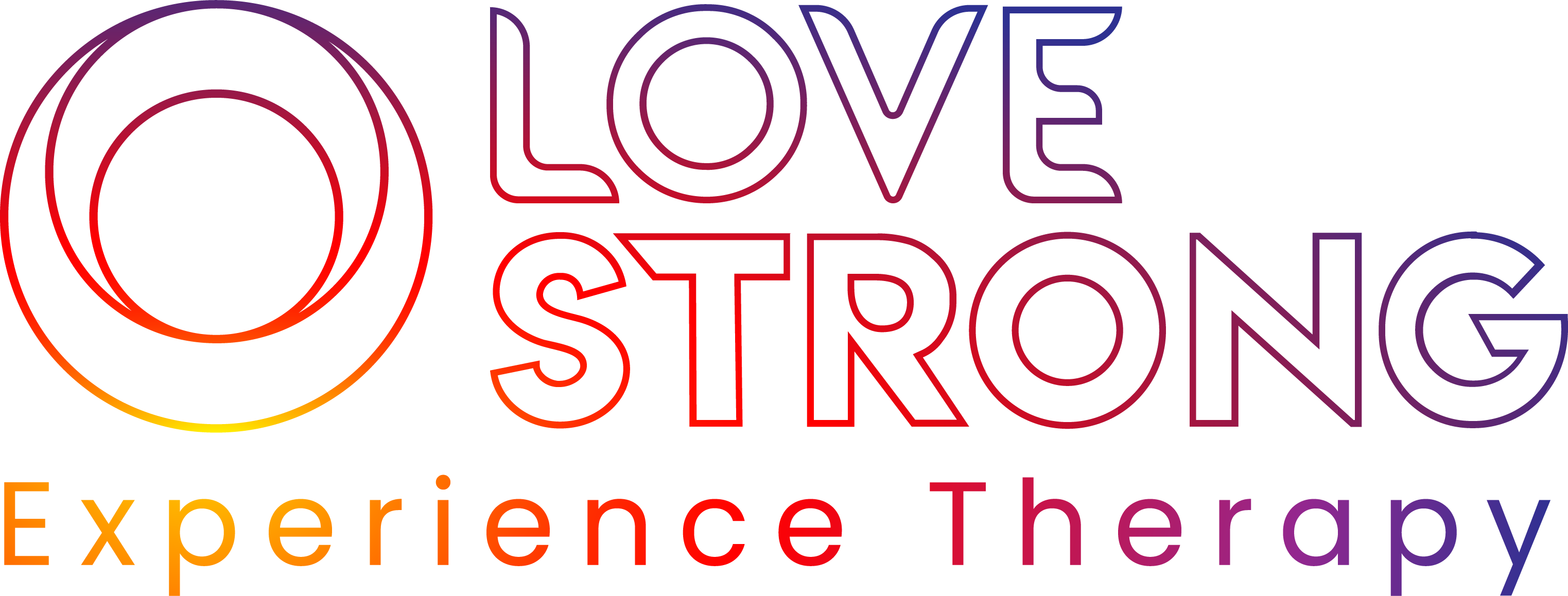I’ve had clients who come to me with really complex situations that involve something called a co-occurring disorder. This is a situation where someone is facing a mental health issue while simultaneously struggling with a substance use disorder. I’ve seen this apply to sexual addiction as well. Mental health issues can include depression, anxiety, bipolar, PTSD, and more. You can learn about how I guide my clients through these types of situations by watching this video.
November 14, 2022
what's going on you guys today we're going to be talking about how to help a loved one who not only has an addiction but also a mental health problem and what you can do as a loved one who supports them to try to help them work through their issues this question comes from brittany brittany thank you for sharing your question brittany says i have a husband who has a sex addiction has been recovery for seven months but also has been diagnosed with ocd and anxiety and he's feeling extremely hopeless and the anxiety in the ocd seem to be getting worse as the recovery works seems to be getting better and i don't know what to do and what would be the best courses of action this is a really great question this is something that's actually really common so you're not alone in fact over half of people who struggle with addictions also struggle with something called a co-occurring disorder which means that they have a mental disorder that's diagnosable that is happening at the same time that the addiction is and if you look closely most people would even say that the way that they're coping with their mental health problems is often connected to the addiction because the addiction becomes almost a form of medicine to help cope with life because life is feeling unmanageable because of my mental health disorder so it's no wonder your husband's feeling a little bit hopeless he's got a lot on his plate and now he's working recovery which in some ways probably feels backwards to his system because we're taking his medicine away while he still has these mental health issues that he's trying to manage and there's this gap that forms between not being able to act out and cope and get the medicine that i used to get while still not quite having the skill set to manage those mental health disorder symptoms that are going on so it makes sense why your husband's feeling the way that he does and the first suggestion i would offer is to at least understand it's not an excuse it's not okay that he still wants to act out or that he's got his addiction but understand that there's going to be that natural gap of discomfort and maybe some hopelessness because the pain of the disorder feels bigger without the medicine of the addiction so the next question then is then what do we do about it because we do need to get into recovery work continuing on with the addiction itself actually fuels back into the mental health problems with an added measure of shame so we need to get that fixed so being sober is still part of this process but what would be the other things that would be helpful in managing these mental health symptoms and the good thing the good news here is that a lot of recovery work is going to overlap with general good mental health skills that go with just managing good mental health so if your husband's learning in recovery about something called dailies meaning he's going to be pursuing being able to feel his tank emotionally being able to get in contact with the best part of himself every day by doing a few things each day like exercise meditation proper diet drugs is prescribed if those drugs are going to be helpful sleep spiritual practices all of those things that are geared towards the recovery work are also going to be helpful for most mental health disorders so if he's working his recovery the way that it's designed to work in at least in most programs he's also starting to address at least on a base level those mental health symptoms and encouraging that work to be happening is a really good start the other thing that you'd want to be looking at is maybe some more formal kinds of treatment for the mental health disorder specifically whether that's through medicine it sounds like you're pursuing some medication which could be helpful there's actually some medication that's that that's really effective for ocd so maybe that's something that he's already taking and could be really helpful that could be another tool in the toolbox but in your situation with the question that you were asking it would also maybe be a good idea to look into something like internal family systems work which is individual therapy that's focused on managing emotional problems and trauma that's that i think would actually be really effective or something like emdr which would be focused on managing trauma the other kind of treatment that would be really good for someone with ocd is some cognitive behavioral therapy which is going to help him start to recognize those patterns and lean into and through those patterns and realize that he's not going to die and that he's going to survive and that things are going to be okay even if his compulsions aren't played out the way that he feels like they should be so that that targeted kind of therapy ifs emdr cognitive behavioral therapy paired up with good recovery work doing your dailies building a team learning how to reach out for support learning how to develop emotional regulation skills to manage things like you know we teach a skill called ride the wave which we have another video on reality acceptance skills that we also have some videos on all of those skills as he develops his toolbox will help him to not have such significant symptoms with that mental health stuff that he's dealing with so steering him to those places as long as he's willing to do those things you obviously can't do those things for him but being encouraging being curious being empathetic of those things while still being bound and this is the last part that i want to share is that when there's mental health disorder for most mental health disorders one of the things that helps immensely is structure so the more structure the better for most kinds of mental health disorder so that might also be something to take into consideration hopefully this is helpful have a great day thank you so much for being here with me if you found this to be valuable for you please hit the like and subscribe button if you're facing particular struggles that you need help with or roadblocks that you're running into please submit a question i'd be happy to answer it for you [Music] you

